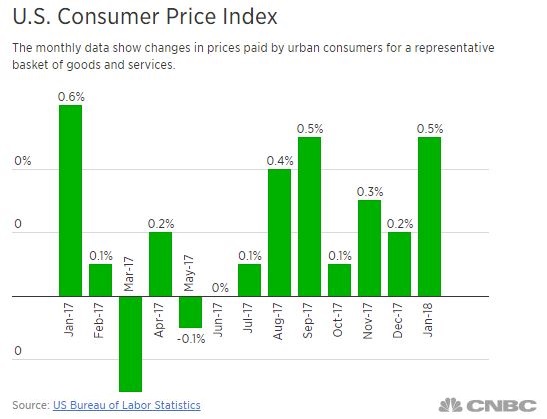


When asked about their return-to-office plans, CFOs painted a confusing picture: While 74% believe hybrid and remote work are here to stay and are committed to improving that model, 61% of respondents also said they are focused on getting most or all their people returning to work on-site. Nearly half (45%) plan to spend more on recruiting. Grant Thornton’s 2022 Q1 CFO Survey also found many leaders grappling with the phenomenon known as “the Great Resignation.” Fifty-seven percent of CFOs said talent attraction and retention is their primary human capital challenge, while 48% of CFOs are expecting their compensation and benefits investment to increase. Preferences diverge for CFOs and employees Respondents were hopeful hikes will help control inflation in the long run, but over three-fourths (76%) of CFOs expressed concern that those same hikes could lead to a recession. Meanwhile, rate hikes from the Federal Reserve drew plenty of attention. It makes sense that companies will tailor pricing decisions based on their costs and their markets.” But not every market or consumer will react the same way to price increases. Services companies are dealing with spiraling wages, and companies that are big energy consumers must address rapid increases in energy costs. “Inflation is not a monolith,” said Sean Denham, Grant Thornton’s national Audit growth leader and the managing partner of the firm’s Philadelphia office. For instance, 38% of CFOs surveyed are changing their debt structure. While price hikes and an increased investment in compensation were the two most popular inflation mitigation strategies, survey respondents detailed a variety of approaches. At the same time, over one-third (35%) expect inflation to have a positive impact on their profits this year. This is likely a direct response to inflation concerns: Nearly half (46%) of CFOs expect inflation to have a negative impact on their profits in calendar year 2022. Of those planning to raise prices, 82% expect to increase their prices by 5% or more and over one-fourth (28%) expect to raise prices by more than 10%. For instance, 50% of the CFOs surveyed said they plan to raise prices. Grant Thornton’s 2022 Q1 CFO Survey also showed the lengths finance leaders will go to mitigate inflation. “Still, finance leaders are preparing to grapple with a host of complex challenges throughout the rest of 2022.” “Given the aggressive rate hike schedule the Fed is now proposing, many CFOs are hopeful that inflation will begin to moderate,” said Enzo Santilli, national managing partner of Transformation at Grant Thornton. And whereas one-third (33%) of the respondents in Grant Thornton’s previous CFO survey (released in February 2022) said they expect inflation to impact their business for more than a year, that number fell to 25% in the Q1 survey. On the positive side, 50% of the more than 270 CFOs surveyed said they believe the economic impact of COVID-19 is waning. In response to inflation, 60% of respondents said they are increasing their budget for compensation. Meanwhile, supply chain challenges, the war in Ukraine and inflation also figured prominently in finance leaders’ pessimism. Increasing costs of goods and services easily topped the list of reasons for a negative outlook - 80% of CFOs cited this as their main reason. economy has fallen 20 percentage-points to just 49%. Since September 2021, the percentage of respondents who are optimistic about the U.S.

Specifically, Grant Thornton’s 2022 Q1 CFO Survey reveals a continual decline in optimism as CFOs take steps to combat inflation. 50% expect to raise prices to mitigate inflationĬHICAGO - A new survey from Grant Thornton LLP, one of America’s largest audit, tax and advisory firms, provides an in-depth look at how chief financial officers (CFOs) are navigating an increasingly turbulent business climate. 80% cite the increased costs of goods and services as their reason for a negative outlook 74% say hybrid model is here to stay, while 61% want people back in office 60% plan to increase their budget for compensation to manage inflation 49% have a positive economic outlook for the next six months - down from 57% last quarter


 0 kommentar(er)
0 kommentar(er)
